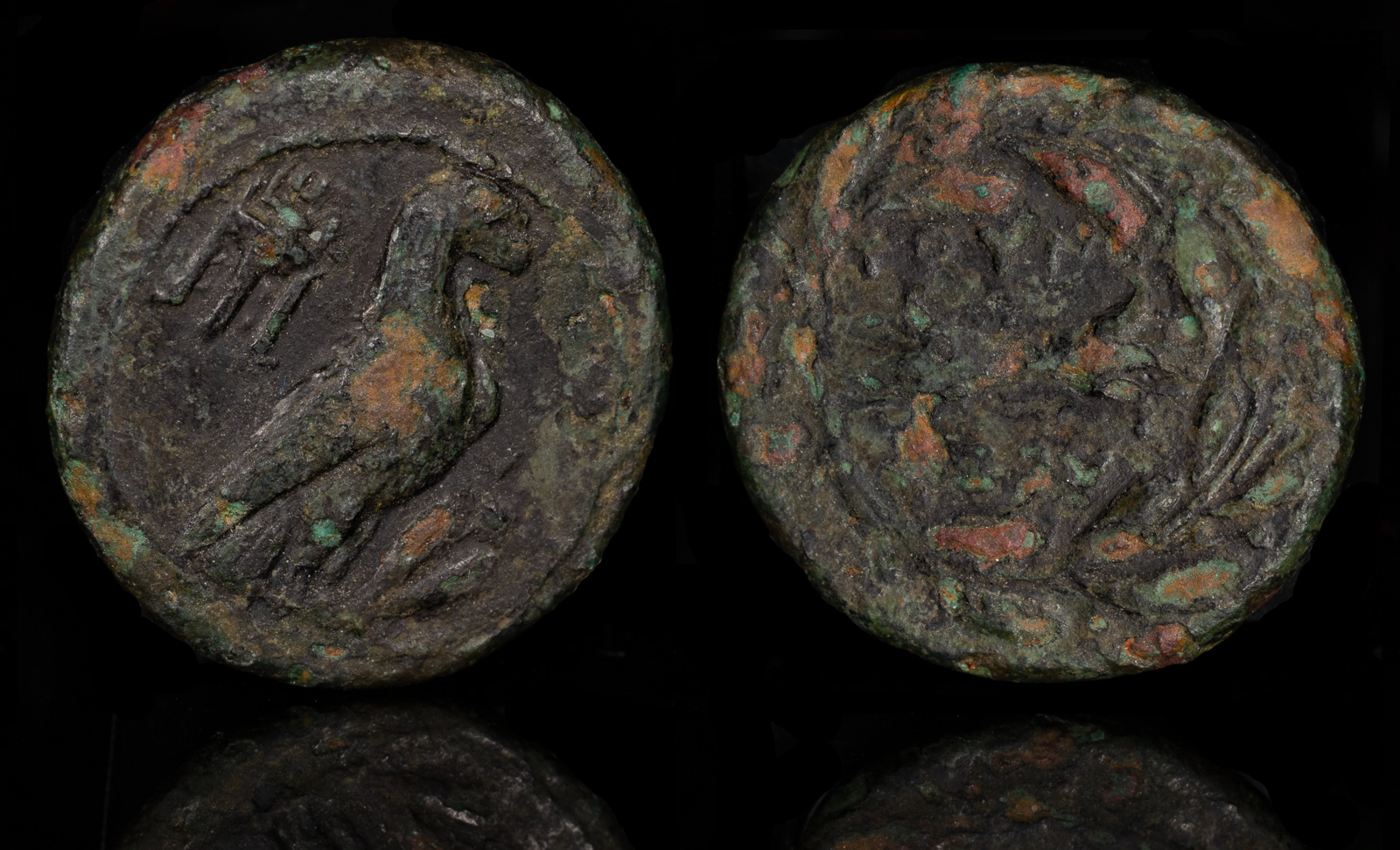Tripod
View All Tags
In addition to its functional use in religious practices, the tripod also had a symbolic role. It was often associated with divine authority and prophecy, particularly in connection with the god Apollo and his sanctuary at Delphi. The famous Delphic tripod, for example, was an important religious object, used to hold the sacred flame in the Temple of Apollo. The tripod in this case became a symbol of Apollo’s prophetic power and his dominion over the future. The Delphic tripod was often depicted in art and literature as a symbol of divine knowledge and communication, especially in connection to the Oracle of Delphi, where it was believed that the Pythia (the priestess of Apollo) sat on a tripod while delivering her prophecies.
The tripod also had a decorative and competitive role in Greek society. In athletic competitions, particularly in the Olympic Games and other Panhellenic festivals, tripods were awarded as prizes to victors. These tripods were often elaborately crafted, sometimes adorned with intricate designs, and symbolized not only the victory itself but also the honor and glory associated with success in such prestigious events. They were regarded as symbols of accomplishment, and their value as prizes was often reflected in their use as display objects, showcasing the achievements of the winner.
In addition, the tripod served a functional role in daily life. It was commonly used as a stand for lamps or containers, particularly in homes or workshops, and was valued for its stability. In artistic representations, tripods were often depicted as offering a sense of balance, with their three legs symbolizing the harmonious alignment of the physical and spiritual worlds.
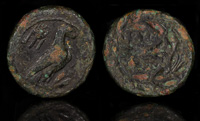
Alexander I Molossos 334-331 BCE
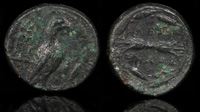
Alexander I Molossos 334-332 BCE
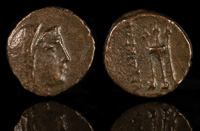
Eurydike 290-281 BCE
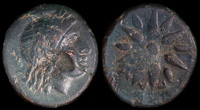
Gambrion, Mysia 4th-3rd century BCE
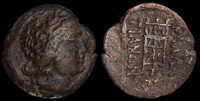
Kallatis, Thrace 250 BCE
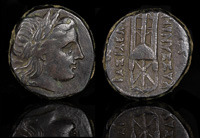
Kassander 305-298 BCE
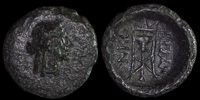
Kyzikos, Mysia 300-200 BCE

Kyzikos, Mysia 300-200 BCE
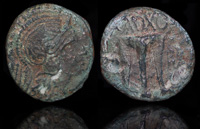
Medeon, Akarnanai 300-250 BCE
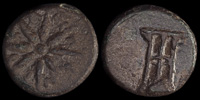
Pantikapaion 109-105 BCE
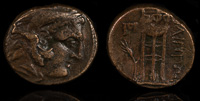
Philippi 356-345 BCE
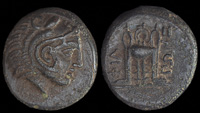
Philippi, Macedon ca 356-345 BCE
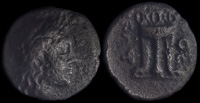
Phytia, Akarnania 300-250 BCE
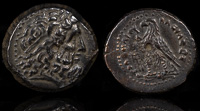
Ptolemy Epigonos 246-221 BCE
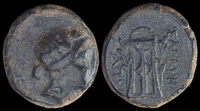
Sanaos, Phrygia mid 2nd-early 1st century BCE
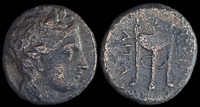
Tripolis, Thessaly ca 370-350 BCE
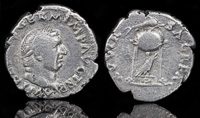
Vitellius 69 CE
